Herbal Remedies by Body System
Different herbs improve different body systems. Select the body system you want to improve with herbal medicine by clicking one of the links below. When you click the link, the page about that particular body system opens. In that page, you find a list of common ailments you can relieve by using the natural power of herbalism.

Cardiovascular System
Herbal remedies such as Ginkgo Biloba, Rosmarinus Officinalis, and Hawthorn extract are often used for cardiovascular health.
Ginkgo Biloba contains flavonoids and terpenoids, which may help improve blood flow and reduce the risk of blood clots. Rosmarinus Officinalis, or rosemary, contains carnosic acid, which may help lower blood pressure and improve circulation. Hawthorn extract contains flavonoids and oligomeric proanthocyanidins, which may help strengthen heart muscle and improve heart function.
These herbs can be consumed as teas, capsules, or tinctures, often in combination with other heart-healthy ingredients.
To learn more about herbal remedies for specific ailments of the cardiovascular system, clicke the button below.
Cardiovascular System Remedies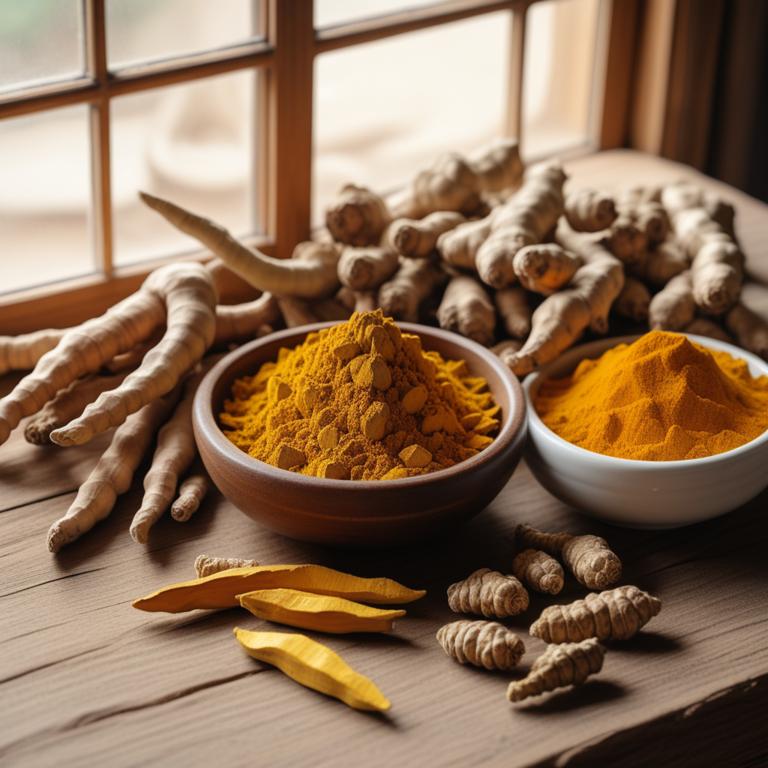
Digestive System
Herbal remedies such as Zingiber Officinale, also known as ginger, contain gingerols and shogaols, which help to ease nausea and reduce inflammation in the digestive system.
Curcuma Longa, or turmeric, contains curcumin, a compound that has potent antioxidant and anti-inflammatory properties, which may help to soothe digestive issues such as bloating and cramps. Peppermint, found in Mentha Piperita, contains menthol, which can relax the muscles in the digestive tract and improve digestion. These herbs can be prepared as teas, tinctures, or added to foods to support digestive health.
By incorporating these herbal remedies into your diet, you may find relief from common digestive issues.
To learn more about herbal remedies for specific ailments of the digestive system, clicke the button below.
Digestive System Remedies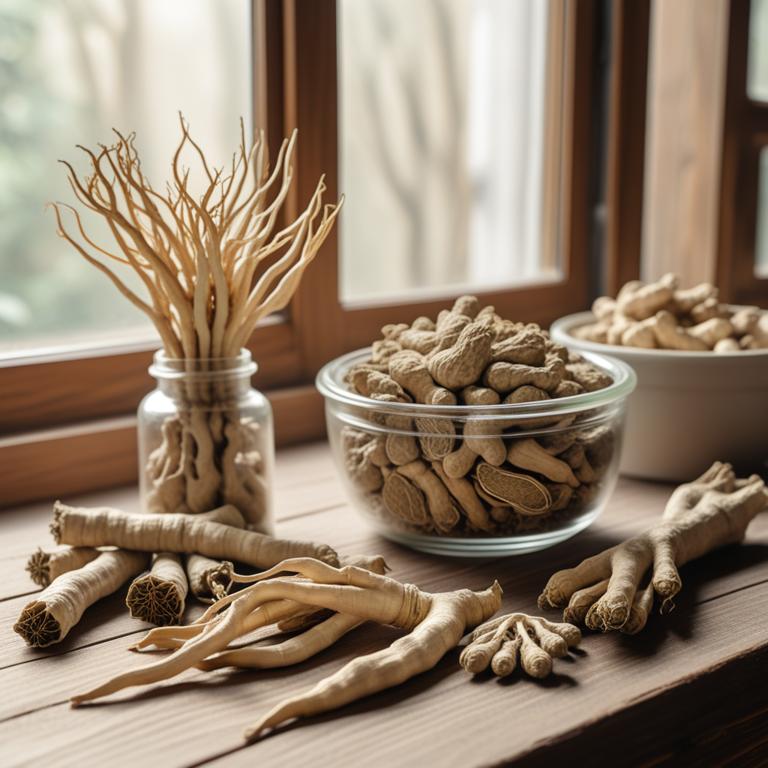
Endocrine System
Herbal remedies such as Withania Somnifera, Panax Ginseng and Ashwagandha are commonly used to support the endocrine system.
Withania Somnifera contains withanolides, which may help reduce stress and anxiety by regulating cortisol levels. Panax Ginseng is rich in ginsenosides, which may help improve insulin sensitivity and glucose metabolism. Ashwagandha, also known as Withania Somnifera, contains alkaloids that may help regulate thyroid hormone levels.
These herbs can be prepared as teas, capsules or tinctures, and can be used to support overall endocrine health.
To learn more about herbal remedies for specific ailments of the endocrine system, clicke the button below.
Endocrine System Remedies
Immune System
Herbal remedies such as Echinacea Purpurea and Zingiber Officinale are used to support the immune system.
Echinacea Purpurea contains alkylamides and glycoproteins, which help to activate immune cells and reduce inflammation. Zingiber Officinale, also known as ginger, contains compounds like gingerol and shogaol, which have anti-inflammatory properties and help to alleviate symptoms of the common cold and flu. These herbs can be prepared as teas by steeping dried roots and flowers in hot water, or taken as supplements in capsule or tablet form.
By incorporating these herbal remedies into your daily routine, you may be able to boost your immune system and stay healthy during cold and flu season.
To learn more about herbal remedies for specific ailments of the immune system, clicke the button below.
Immune System Remedies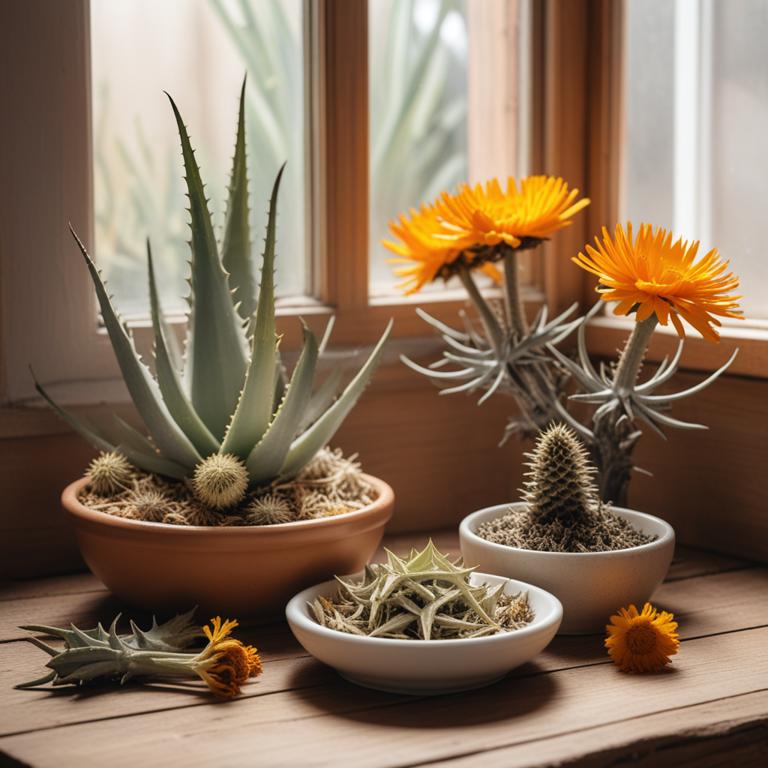
Integumentary System
Herbal remedies such as Aloe Barbadensis and Calendula Officinalis have been used for centuries to soothe skin irritations.
Aloe Barbadensis contains mucilage, a gel-like substance that cools and moisturizes the skin. Calendula Officinalis, also known as marigold, has anti-inflammatory properties due to its sesquiterpene lactones. Aloe Vera gel can be applied directly to burns and wounds, while Calendula tea or oil can be used to treat eczema and acne.
By using these herbal remedies, people can find natural relief from skin problems without harsh chemicals.
To learn more about herbal remedies for specific ailments of the integumentary system, clicke the button below.
Integumentary System Remedies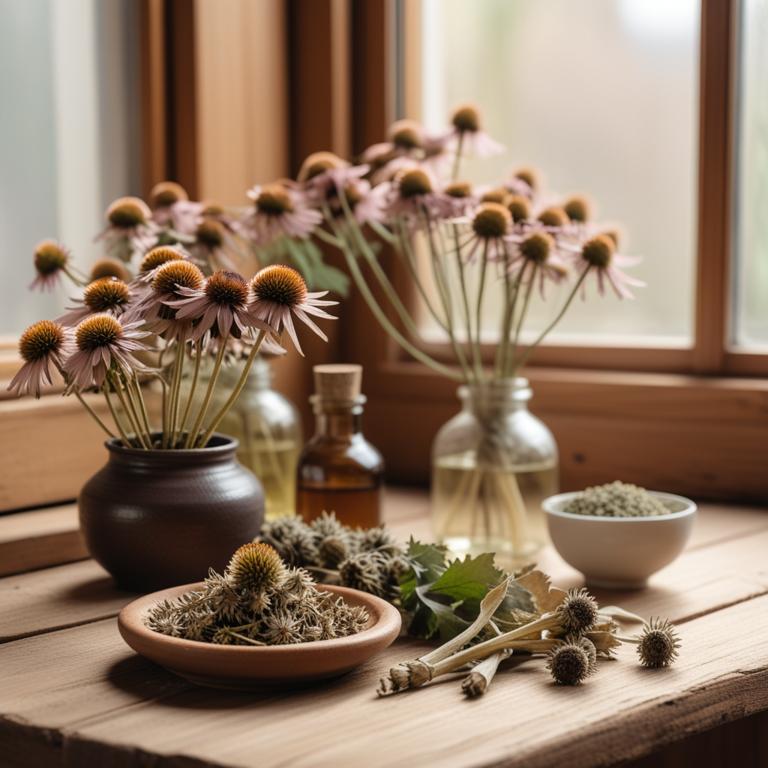
Lymphatic System
Herbal remedies such as Echinacea Purpurea, Silybum Marianum, and Red Clover are used to support the lymphatic system.
Echinacea Purpurea contains alkylamides, which may help increase white blood cell production and fight infection. Silybum Marianum, also known as Milk Thistle, has silymarin, a compound that can help reduce inflammation and promote lymphatic drainage. Red Clover contains isoflavones, which may help improve lymphatic circulation and reduce swelling.
These herbs can be prepared as teas, capsules, or tinctures, making them convenient additions to a lymphatic health regimen.
To learn more about herbal remedies for specific ailments of the lymphatic system, clicke the button below.
Lymphatic System Remedies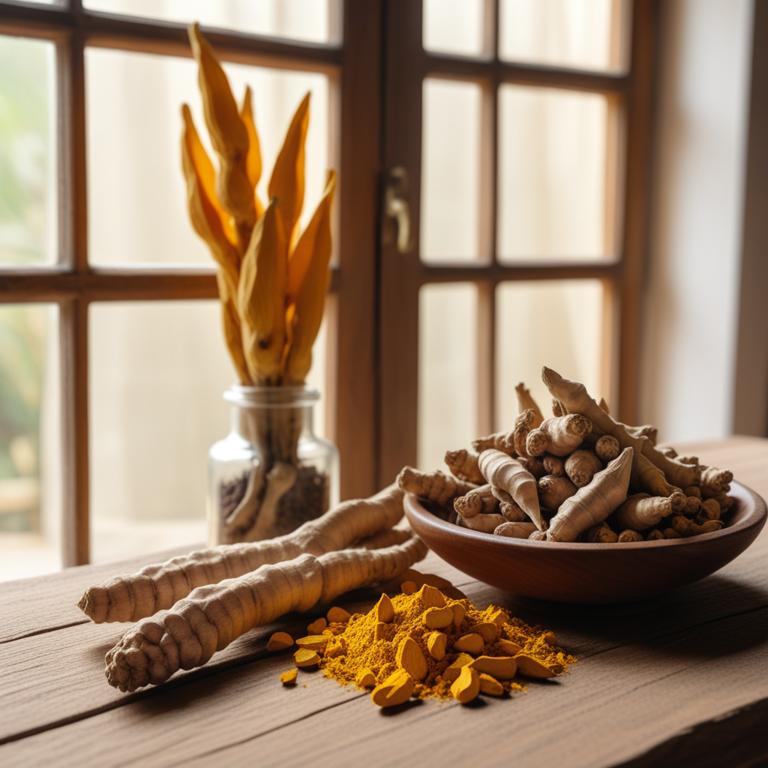
Musculoskeletal System
Herbal remedies such as Curcuma Longa, also known as turmeric, contain a powerful compound called curcumin, which is known for its anti-inflammatory properties.
This helps to reduce joint pain and swelling, making it a popular remedy for people with arthritis. Zingiber Officinale, or ginger, is another herb used to ease muscle and joint pain, thanks to its active compounds gingerols and shogaols, which have anti-inflammatory effects. When taken as a tea or added to food, these herbs can provide relief from musculoskeletal discomfort.
By reducing inflammation and promoting healing, turmeric and ginger can help to alleviate symptoms and improve quality of life.
To learn more about herbal remedies for specific ailments of the musculoskeletal system, clicke the button below.
Musculoskeletal System Remedies
Nervous System
Herbal remedies such as Passiflora Incarnata, Valeriana Officinalis, and Lavandula Angustifolia can help calm the nervous system.
Passiflora, also known as passionflower, contains flavonoids and alkaloids that promote relaxation and reduce anxiety. Valeriana, or valerian root, has valerenic acid, which helps regulate sleep and calm the mind. Lavender, rich in linalool and linalyl acetate, can ease stress and promote a sense of calm.
These herbs can be used in tea or capsule form, or even added to a warm bath for a soothing experience.
To learn more about herbal remedies for specific ailments of the nervous system, clicke the button below.
Nervous System Remedies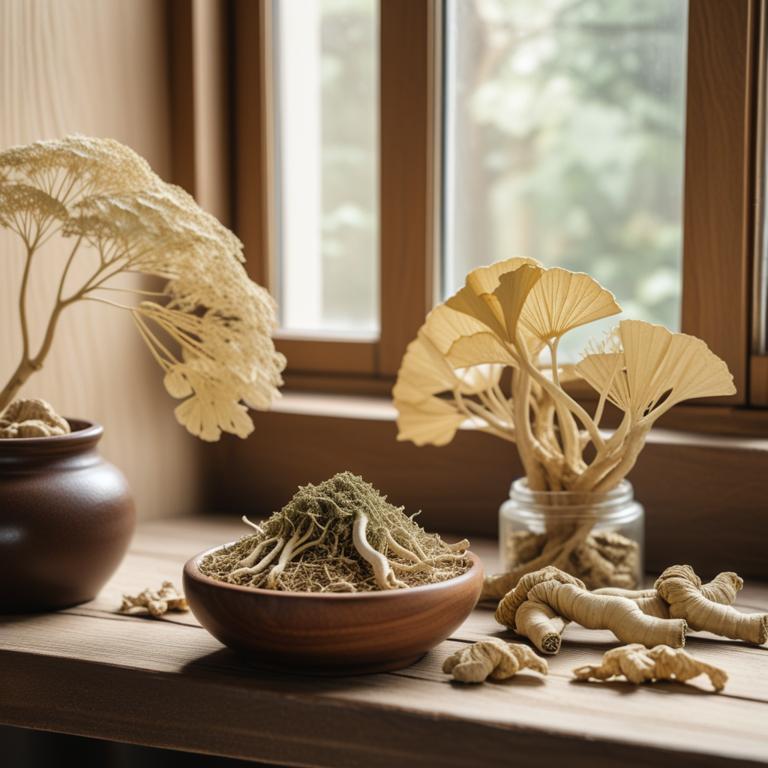
Reproductive System
Herbal remedies such as Angelica Sinensis, Panax Ginseng and Dong Quai are often used to support women's reproductive health.
Angelica Sinensis contains ferulic acid, which helps to regulate menstrual cycles and ease period cramps. Panax Ginseng is rich in ginsenosides, which can boost fertility and reduce stress. Dong Quai is a source of ferulic acid and ligustilide, which may help to alleviate symptoms of menopause, such as hot flashes.
Preparations like teas, capsules, and tinctures can be used to extract the beneficial compounds from these herbs and provide relief.
To learn more about herbal remedies for specific ailments of the reproductive system, clicke the button below.
Reproductive System Remedies
Respiratory System
Herbal remedies such as Eucalyptus Globulus, Echinacea Purpurea, and Thymus Vulgaris can help soothe and calm the respiratory system.
Eucalyptus Globulus contains eucalyptol, which has natural decongestant properties that ease congestion and open airways. Echinacea Purpurea is rich in alkylamides and caffeic acid, which help boost the immune system and fight off infections. Thymus Vulgaris, also known as thyme, contains thymol, a compound that has antimicrobial properties that can help reduce inflammation in the respiratory tract.
These herbs can be prepared as teas, tinctures, or added to hot baths to promote relaxation and ease respiratory issues.
To learn more about herbal remedies for specific ailments of the respiratory system, clicke the button below.
Respiratory System Remedies
Urinary System
Herbal remedies such as Juniperus Communis and Berberis Vulgaris are used to support the urinary system.
Juniperus Communis contains compounds like terpinen-4-ol and bornyl acetate, which help to ease inflammation and reduce pain in the urinary tract. Berberis Vulgaris is rich in berberine, a natural compound that has antimicrobial properties, helping to combat infections. The roots of Berberis Vulgaris can be used to make a tea, which can be consumed to help soothe urinary tract issues.
Juniperus Communis berries can be used to make an infusion, which can help to reduce inflammation and promote urination.
To learn more about herbal remedies for specific ailments of the urinary system, clicke the button below.
Urinary System Remedies